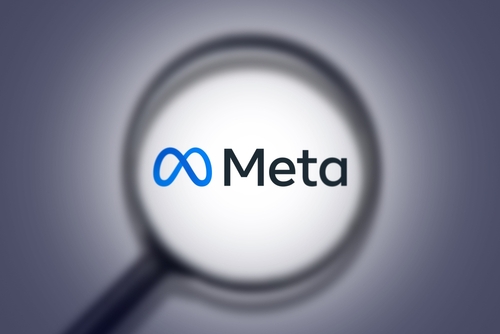Meta's Compliance Under Fire
The European Commission has issued a preliminary finding that Meta's platforms, Facebook and Instagram, have violated the EU's Digital Services Act (DSA). The DSA mandates that online platforms offer users straightforward and effective means to report illegal content, such as child sexual abuse material and terrorist content. However, the Commission's investigation revealed that Meta's reporting systems were unnecessarily complex and used "dark patterns"—design elements that can confuse or dissuade users from completing reports.
A senior EU official emphasized that this issue extends beyond illegal content, touching on broader concerns about freedom of speech and excessive content moderation practices. Previous allegations against Facebook include "shadow banning" users discussing sensitive topics like Palestine.
Potential Consequences for Meta
Should Meta fail to address these shortcomings, the company faces potential fines of up to 6% of its global annual turnover, as stipulated by the DSA. Meta has denied the allegations, asserting that it has updated its complaint, appeal, and data access mechanisms to comply with the DSA. The investigation is ongoing, and Meta has been given time to respond to the Commission's findings.

Broader Implications for Online Platforms
This development underscores the increasing regulatory scrutiny of major tech companies operating in the EU. The DSA aims to create a safer online environment by holding platforms accountable for user safety and content moderation practices. As investigations into Meta and other platforms like TikTok continue, the outcomes may set significant precedents for digital governance and user rights in the digital age.
FAQ: Meta vs. EU - Your Questions Answered
1. What is the Digital Services Act (DSA)?
The DSA is EU legislation designed to regulate online platforms, ensuring user safety and accountability in content moderation.
2. What are "dark patterns" in user interface design?
"Dark patterns" are design strategies that manipulate users into taking actions they might not intend, such as making it difficult to report illegal content.
3. How might Meta respond to the EU's findings?
Meta has denied the allegations and stated it has updated its systems to comply with the DSA.














